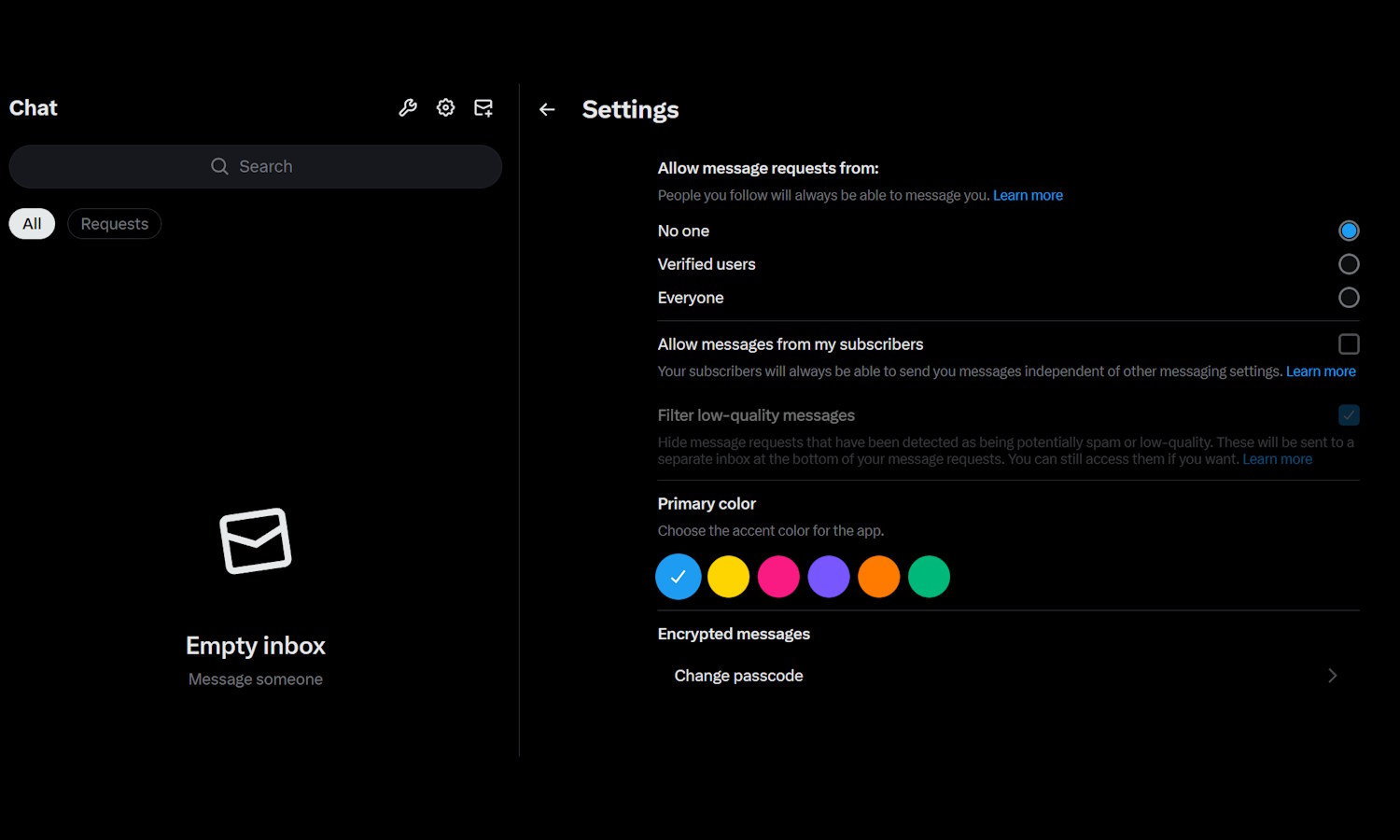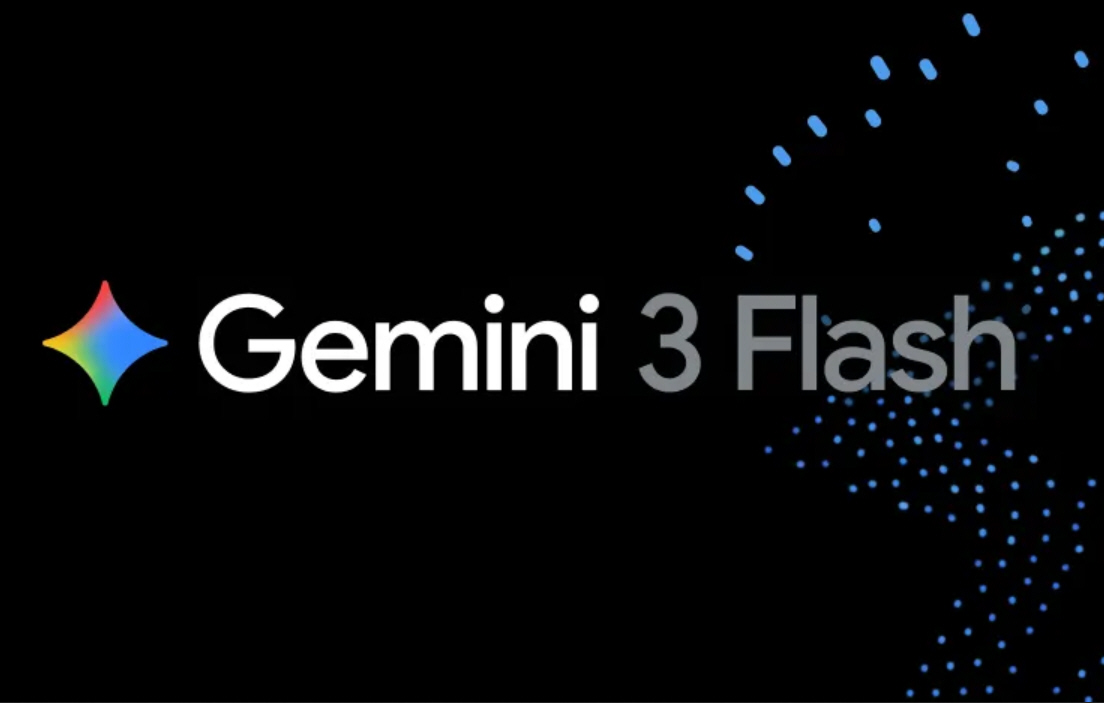
Fineshare's new Vora AI can clean up Sora videos and upscale them to 4K
Fineshare has announced the launch of Vora AI, a video generation and enhancement tool designed to improve videos created with OpenAI’s Sora, including content produced using Disney characters as part of the new deal Sam Altman's firm struck with the House of Mouse.
Fineshare says the tool focuses on improving visual quality, speeding up production, and helping creators keep pace with fast-moving platform trends.

Hospitals struggle with visibility of connected medical devices
A new survey of CISOs at North American hospitals finds that 43 percent identified complete device visibility as the challenge they would most want to solve immediately, followed by ransomware threat detection (24 percent) and compliance automation (22 percent).
The study from Asimily also uncovered fragmentation in how hospital security teams approach vulnerability remediation. Only 22 percent of hospital CISOs base their prioritization on device usage and criticality, which is the most effective method for focusing resources on the highest-risk assets. Meanwhile, 18 percent rely on manual review and 15 percent report having no clear process at all for addressing IoMT (Internet of Medical Things) vulnerabilities.

Increased workloads, strategic influence and technical focus -- CISO predictions for 2026
The task of the CISO has historically been an underappreciated one. But as businesses wake up to the fact that cybersecurity issues can represent a threat to the entire business it has taken on more significance.
Here’s how a range of industry experts see the future for CISOs and their role as we head into 2026.

DoorDash is bringing grocery shopping directly into ChatGPT
ChatGPT is becoming less of a chatbot and more of a platform, especially following news that the service is being opened up to apps that can perform useful, real world tasks. DoorDash has today announced that it is introducing grocery ordering directly into ChatGPT, meaning users can turn recipe ideas into completed grocery orders without leaving a conversation.
This new integration will allow people to shop for ingredients in chat and then check out on DoorDash, linking meal planning with on-demand delivery from local stores.

2025's biggest internet outages and what caused them
Downdetector by Ookla has revealed the largest internet outages of 2025, based on millions of user reports worldwide. The data shows where internet services failed at scale and how outages tied to cloud platforms, gaming networks, and streaming services affected users across North America, Europe, Asia Pacific, Latin America, and the Middle East and Africa..
North America was naturally the region with the highest concentration of high-impact outages. In the US and Canada, the three largest single-service incidents each passed one million user reports, showing how quickly problems were spotted when widely used platforms went offline.

87 percent of enterprises are ready to switch productivity suites
IT leaders are unhappy with their productivity current setup and are forced to manage an average of over nine different tools. This is why, according to a new study, 87 percent of IT leaders will consider changing from their current productivity suite to adopt a more unified and secure platform.
The research from JumpCloud in collaboration with Google Workspace is based on a survey of 250 US IT leaders from enterprise organizations. Its findings show that IT teams are urgently searching for a new platform to make work simpler and more secure.

X launches standalone chat app for accessing DMs
For anyone who uses X as a platform for chat more than anything else, the social media site’s latest move will be of interest. A new site specifically and solely for chat is now available, so you can deal with messaging without having to worry about the rest of the platform.
Separating chat and messaging away from the main site sees X competing more directly with the likes of WhatsApp. At the moment, the site has been designed with desktop users in mind, but X is also thought to be working on a mobile version.

ChatGPT is opening the platform to apps that do real work
OpenAI is opening app submissions for ChatGPT, allowing developers to publish apps that connect conversations to actions outside the chat. The move will essentially turn a conversation into a starting point for tasks like placing orders, generating files, or running live searches, without switching tools.
Apps work by linking ChatGPT to external systems. Instead of simply describing how to do something, a conversation can pass structured information to an app, which then performs the task and returns the result. The chat remains the interface, while the app handles the actual work in the background.

The Oscars are heading to YouTube under a new global deal
In a major coup for Google, YouTube has secured exclusive global rights to the Oscars and a wide range of Academy programming under a new multi year agreement that begins with the 101st ceremony in 2029. The deal moves the awards show and related content to YouTube worldwide, although the Academy’s existing domestic broadcast agreement will remain in place for the 100th ceremony.
Under the agreement, the Oscars will stream live -- and free -- on YouTube to viewers all around the world. In the US, the ceremony will also be available to YouTube TV subscribers. Coverage will include the red carpet, backstage access, and events tied to the Governors Ball.

Wacom adds ibisPaint X and file support improvements to MovinkPad
Wacom has released a new Android update for its MovinkPad lineup that changes how creative apps work together on the device. The update adds ibisPaint X as a built in app, links it more closely with Wacom Canvas and Wacom Shelf, and includes a free 180-day ibisPaint Prime Membership.
The update applies to the Wacom MovinkPad series, which is built around standalone drawing without a PC. The lineup includes the MovinkPad 11 and the recently announced MovinkPad Pro 14, both of which combine Wacom’s pen technology with an Android based environment.

Google rolls out Gemini 3 Flash, a faster AI model for Search and beyond
Google has announced the arrival of Gemini 3 Flash, its latest AI model built to respond faster than earlier systems, while still tackling complex prompts when needed. The model is being introduced across Google Search and the Gemini app, with the goal of making everyday AI interactions feel nippier, without stripping away the AI's more advanced capabilities.
Gemini 3 Flash is the newest member of the Gemini 3 model family. It follows Gemini 3 Pro and Gemini 3 Deep Think, but is designed for a different role. Instead of treating every prompt as a complex problem, Flash adjusts how much effort it applies based on the task in front of it.

Generative simulators allow AI agents to learn their jobs safely
As AI systems increasingly shift from answering questions to carrying out multi-step work, a key challenge has emerged. The static tests and training data previously used often don't reflect the dynamic and interactive nature of real-world systems.
That’s why Patronus AI today announced its ‘Generative Simulators,’ adaptive simulation environments that can continually create new tasks and scenarios, update the rules of the world in a simulation environment, and evaluate an agent's actions as it learns.

Over half of public vulnerabilities bypass web application firewalls
According to a new report 52 percent of public vulnerabilities bypass leading web application firewalls (WAFs). Yet over 91 percent of bypassed vulnerabilities can be mitigated when rules are tailored with AI for the actual vulnerability and application context instead of generic attack patterns.
The report from Miggo Security is based on analysis of a sample of 360+ CVEs for WAF testing across leading WAF vendors.

Most schools underprepared for cybersecurity threats
A new report from endpoint management company Action1 shows cyber incidents have become the norm in schools worldwide, with most IT leaders now adopting a more realistic view of their cybersecurity readiness.
But despite rising budgets, persistent staffing shortages and structural barriers continue to leave learning environments exposed to increasingly sophisticated threats, especially AI-driven phishing and ransomware.

Less than a quarter of organizations are securing AI-generated code
A new report reveals that 95 percent of organizations now rely on AI tools to generate code, yet only 24 percent apply comprehensive IP, license, security, and quality evaluations to that AI-generated code.
The study from Black Duck shows that that organizations without strong dependency management, automation, and SBOM validation are already falling behind on their ability to detect and remediate critical issues.